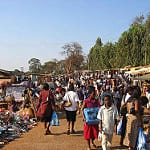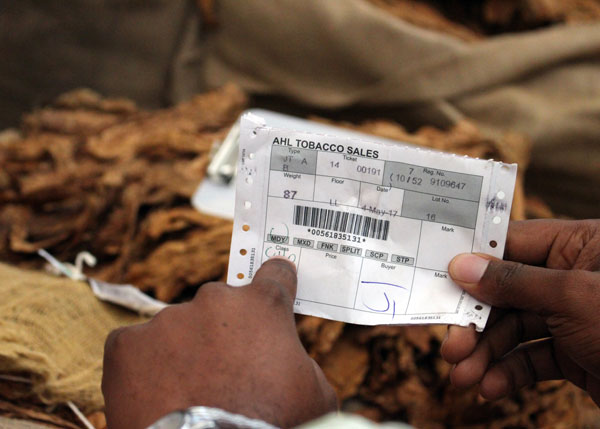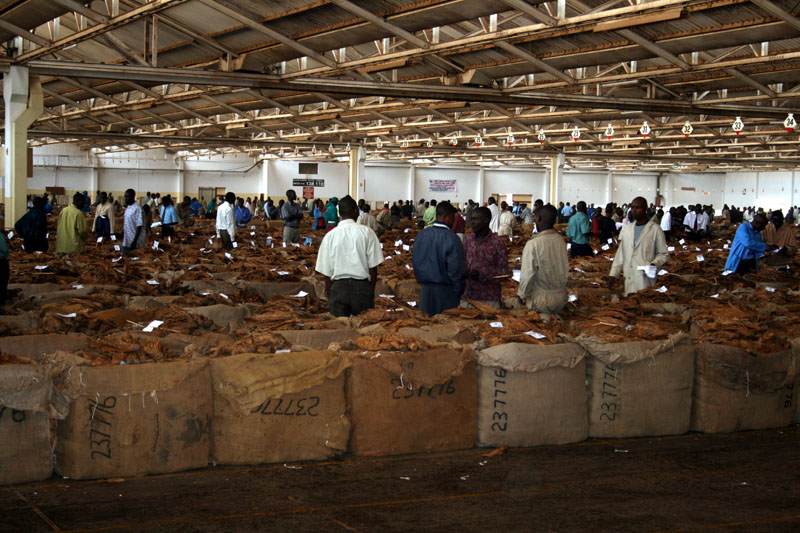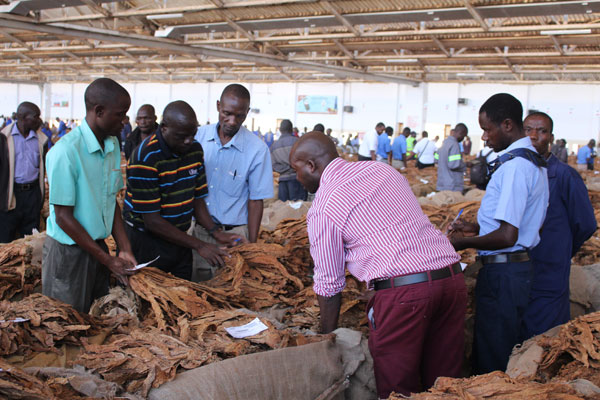A minister in Malawi’s government has issued a stinging attack on the living conditions of tobacco-farm workers.
The Minister of Labor, Youth, Sports and Manpower Development Grace Chiumia said that tobacco tenants were living in appalling conditions in which a family of seven could be sharing a small shack made of grass and covered with mud, according to a Malawi News Agency story.
Chiumia was speaking during a visit to Kasungu on Wednesday to inspect tobacco estates and farms, and to check on child labor.
The minister said the way the estate owners kept tenants was not humane. They were rather kept like non-human animals.
“Look at a house a tenant is being kept in, very small and without any ventilation, and you find a family of seven staying in this house,” she said. “You will find the father, mother and the children and sometimes … chickens in the same room. The same room is also used as a kitchen.
“This is bad; how do you think the health of people will be? The estate owners come here and go to sleep in their good houses; how do they feel?”
The minister warned that such behavior should stop immediately. She said if estate owners wanted to grow tobacco and keep people as tenants, they had to provide standard houses.
The minister noted that most of the tenants’ children did not attend school. Some helped their parents while others stayed home.
According to the story, estate manager Yusuf Bonongwe said managers tried their best to keep the tenants ‘safe’ but sometimes the tobacco market was not good, which forced them ‘not to give the tenants the necessary requirements’.
“We cannot do all but we try our best,” he said. “Most of the tenants stay in good shelter that are just good enough to dwell in despite being shacks.”
Bonongwe said that his estate was free of child labor and encouraged workers to send their children to school.
Kasungu has more than 22,000 tobacco farms, according to the district’s labor office.





